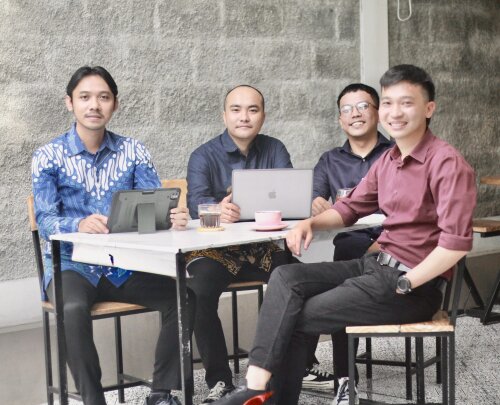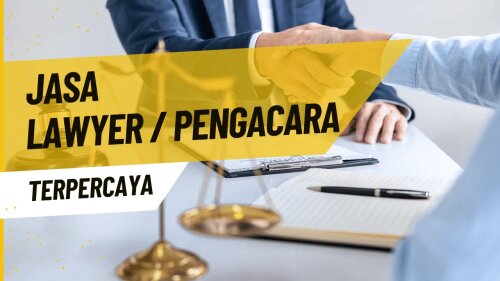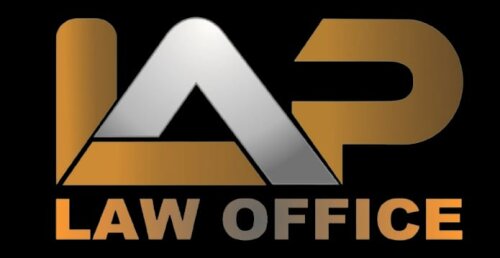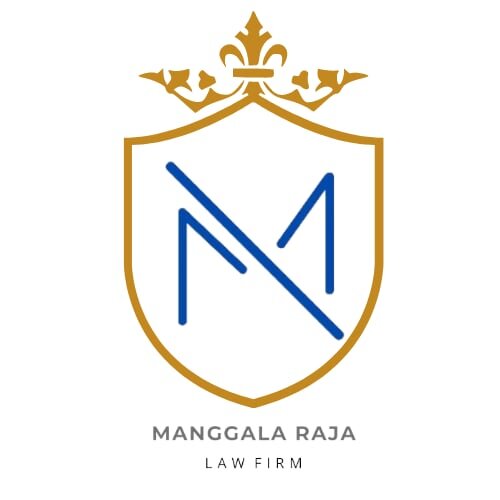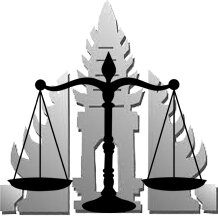Best Energy Regulatory Law Lawyers in Jakarta
Share your needs with us, get contacted by law firms.
Free. Takes 2 min.
List of the best lawyers in Jakarta, Indonesia
About Energy Regulatory Law in Jakarta, Indonesia
Energy Regulatory Law in Jakarta, Indonesia encompasses the rules, regulations, and policies that govern the production, distribution, consumption, and conservation of energy resources. This area of law covers both conventional and renewable energy, such as oil, gas, coal, electricity, solar, hydro, and geothermal resources. The regulatory framework is highly dynamic, affected by advances in technology, environmental considerations, and Indonesia's commitment to energy security and sustainability. In Jakarta, energy law is shaped not only by national legislation but also by local government initiatives and regional regulatory authorities, making it essential for stakeholders to understand both the broad and specific legal requirements operating in the city.
Why You May Need a Lawyer
Navigating Energy Regulatory Law in Jakarta can be challenging due to its complexity and the overlapping roles of different government agencies. You may need a lawyer for several reasons:
- Seeking permits or licenses for energy projects or activities
- Entering into agreements for energy supply, transmission, or distribution
- Disputes with regulatory bodies, such as the Ministry of Energy and Mineral Resources (MEMR) or the Energy and Mineral Resources Office for Jakarta
- Compliance audits or investigations regarding environmental and safety standards
- Investing in or divesting from energy infrastructure or renewable projects
- Interpreting new regulations or policy changes that affect your operations
- Handling land use rights or compensation issues related to energy installations
- Facing administrative sanctions, fines, or potential litigation from regulatory breaches
An experienced lawyer can help ensure compliance, protect your business interests, and represent you in negotiations or in court.
Local Laws Overview
Jakarta’s Energy Regulatory Law is largely defined by national statutes, but local government regulations and policies also apply. Some relevant legal instruments and key aspects include:
- Law No. 30 of 2009 on Electricity: Governs all matters related to electricity supply, generation, distribution, and customer rights, including licensing procedures for Independent Power Producers (IPPs).
- Law No. 22 of 2001 on Oil and Gas: Sets the framework for oil and gas exploration, production sharing contracts, and regulatory oversight by the Special Task Force for Upstream Oil and Gas Business Activities (SKK Migas).
- Law No. 4 of 2009 on Mineral and Coal Mining: Addresses mineral and coal exploitation, environmental impact requirements, licensing, and export controls.
- Renewable Energy Policies: Jakarta’s local government promotes renewable energy sources; there are specific incentives, quotas, and reporting obligations for solar, hydro, and waste-to-energy projects.
- Energy Conservation and Efficiency Regulations: Stipulate energy-saving programs for businesses and industries, sometimes mandating audits or retrofitting of facilities to meet efficiency standards.
- Environmental Law Compliance: Energy projects must often obtain environmental licenses in line with Law No. 32 of 2009 on Environmental Protection and Management.
Other important considerations include land use and zoning regulations, health and safety obligations, and the role of state-owned enterprises in Jakarta’s energy sector.
Frequently Asked Questions
What licenses do I need to operate an energy business in Jakarta?
Depending on the sector, you may need operating licenses from the MEMR, electricity supply licenses, environmental permits, and local business permits. The exact requirements vary based on project size, location, and type.
How does the government regulate electricity tariffs in Jakarta?
The government regulates tariffs primarily through the State Electricity Company (PLN) and the MEMR. Tariffs are often set or adjusted based on production costs, government policy, and social considerations.
Are foreign investors allowed to participate in Jakarta’s energy sector?
Yes, foreign investment is permitted, typically through joint ventures or production sharing contracts, especially in oil, gas, and renewable energy. Specific ownership caps and approval processes apply.
What are the obligations regarding environmental protection for energy projects?
Energy businesses must comply with both central and local environmental regulations, which often require environmental impact assessments (AMDAL), ongoing monitoring, and adherence to sustainability benchmarks.
What is the process for land acquisition for energy projects in Jakarta?
Land acquisition involves negotiation with landowners, compensation as per Indonesian law, and can include coordination with the National Land Agency (BPN) and the Jakarta regional government.
How are disputes in the energy sector typically resolved?
Disputes can be resolved through negotiation, mediation, arbitration, or litigation. Certain contracts may specify arbitration, sometimes with the Indonesian National Board of Arbitration (BANI).
What incentives exist for renewable energy projects in Jakarta?
The government offers tax incentives, import duty exemptions, feed-in tariffs, and other financial supports for renewable energy developments. Local policies may provide additional benefits.
How can I ensure compliance with energy efficiency regulations?
Businesses are advised to regularly audit their energy use, implement recommended energy-saving measures, and maintain proper records to demonstrate ongoing compliance.
What penalties apply for regulatory non-compliance?
Penalties vary from administrative sanctions and fines to permit revocations and, in severe cases, criminal prosecution. Authorities may also seize assets or suspend operations.
Who oversees energy regulation enforcement in Jakarta?
Primary oversight is by the Ministry of Energy and Mineral Resources, with significant involvement from the Jakarta Energy and Mineral Resources Office, SKK Migas for upstream oil and gas, and PLN for electricity.
Additional Resources
If you wish to understand more or require official information, consider these resources and agencies:
- Ministry of Energy and Mineral Resources (Kementerian ESDM)
- Jakarta Energy and Mineral Resources Office
- Special Task Force for Upstream Oil and Gas Business Activities (SKK Migas)
- State Electricity Company (Perusahaan Listrik Negara - PLN)
- National Land Agency (Badan Pertanahan Nasional - BPN)
- Indonesian Renewable Energy Society (METI)
- Indonesian National Board of Arbitration (BANI)
Next Steps
If you need legal assistance related to Energy Regulatory Law in Jakarta, consider taking the following steps:
- Identify your specific legal needs and gather relevant documents
- Consult a qualified lawyer who specializes in energy and natural resources law
- Ask your lawyer about compliance strategies, potential risks, and dispute resolution options
- Stay informed about updates in local and national energy laws and policies through official publications and industry events
- If disputes arise, seek legal advice early to explore amicable solutions or prepare for formal proceedings
Legal guidance is essential in this sector to avoid costly mistakes and ensure your projects and investments are compliant, protected, and set up for success in Jakarta’s evolving energy landscape.
Lawzana helps you find the best lawyers and law firms in Jakarta through a curated and pre-screened list of qualified legal professionals. Our platform offers rankings and detailed profiles of attorneys and law firms, allowing you to compare based on practice areas, including Energy Regulatory Law, experience, and client feedback.
Each profile includes a description of the firm's areas of practice, client reviews, team members and partners, year of establishment, spoken languages, office locations, contact information, social media presence, and any published articles or resources. Most firms on our platform speak English and are experienced in both local and international legal matters.
Get a quote from top-rated law firms in Jakarta, Indonesia — quickly, securely, and without unnecessary hassle.
Disclaimer:
The information provided on this page is for general informational purposes only and does not constitute legal advice. While we strive to ensure the accuracy and relevance of the content, legal information may change over time, and interpretations of the law can vary. You should always consult with a qualified legal professional for advice specific to your situation.
We disclaim all liability for actions taken or not taken based on the content of this page. If you believe any information is incorrect or outdated, please contact us, and we will review and update it where appropriate.



